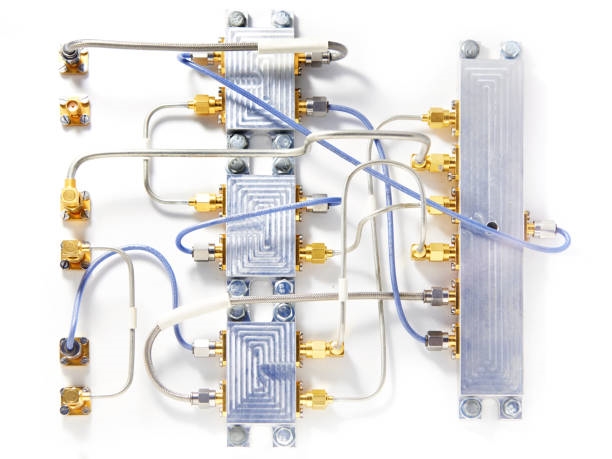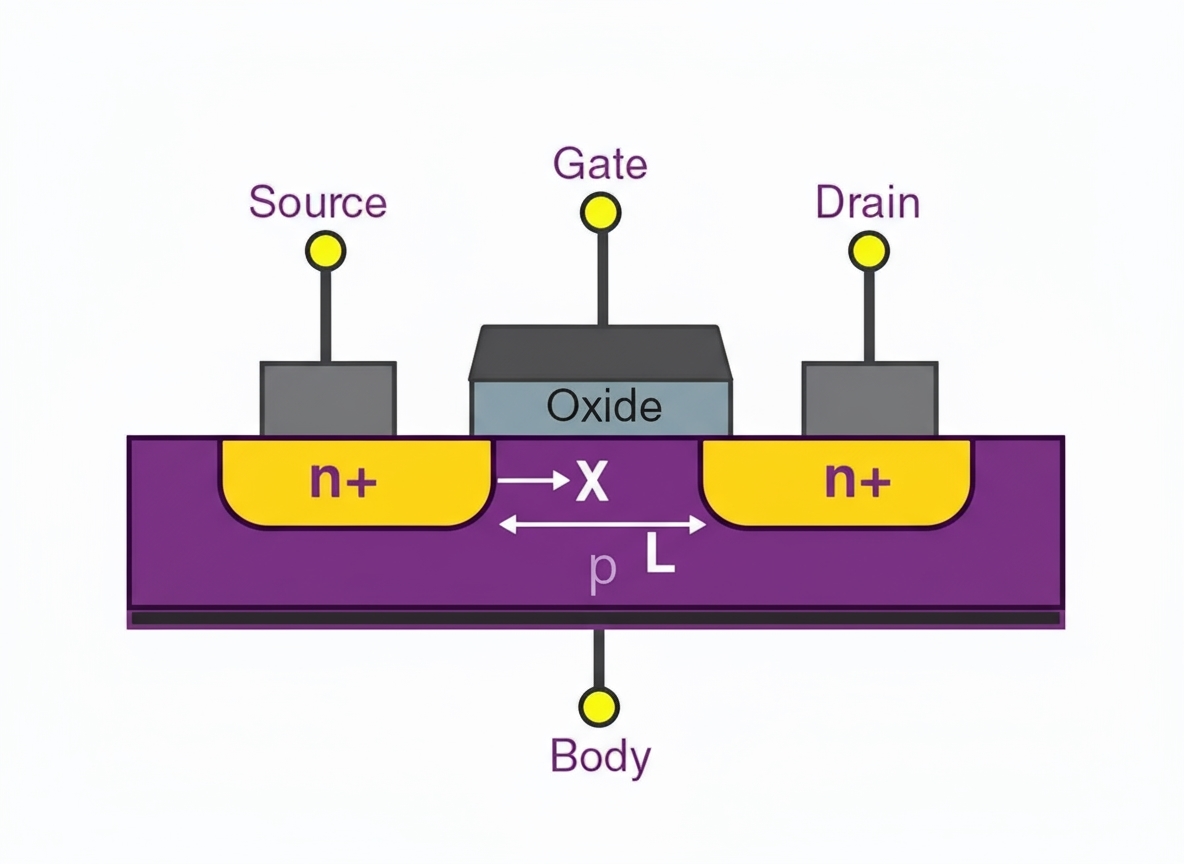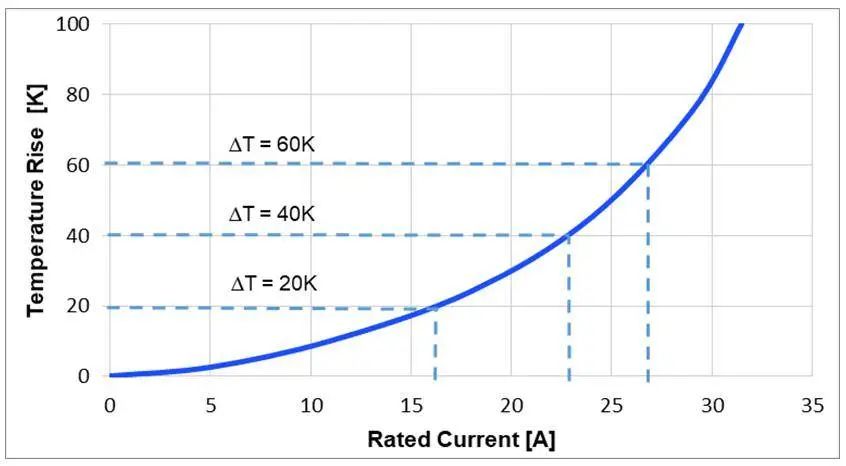With rapid growth in the electric vehicle (EV) market, silicon carbide (SiC) power devices are becoming key components in EV powertrains due to their superior performance and efficiency. This article reviews the market status, technical developments, and cost considerations for SiC power devices to provide a comprehensive industry overview.
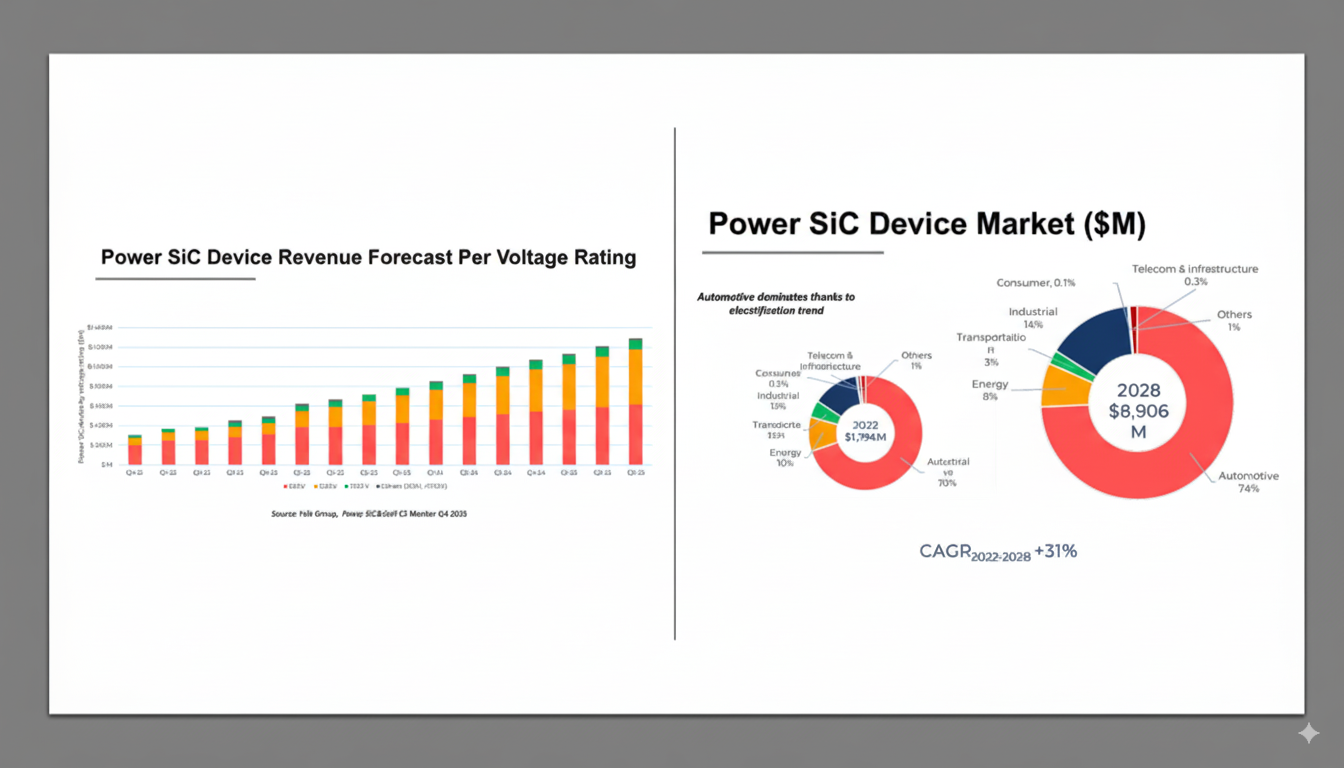
Part 1: SiC power device market overview
The SiC power device market is in a rapid growth phase, driven largely by automotive electrification. According to a Yole Group report, automotive demand for SiC power devices is primarily driven by upgrades to EV powertrains, including higher battery capacity and improved inverter performance.
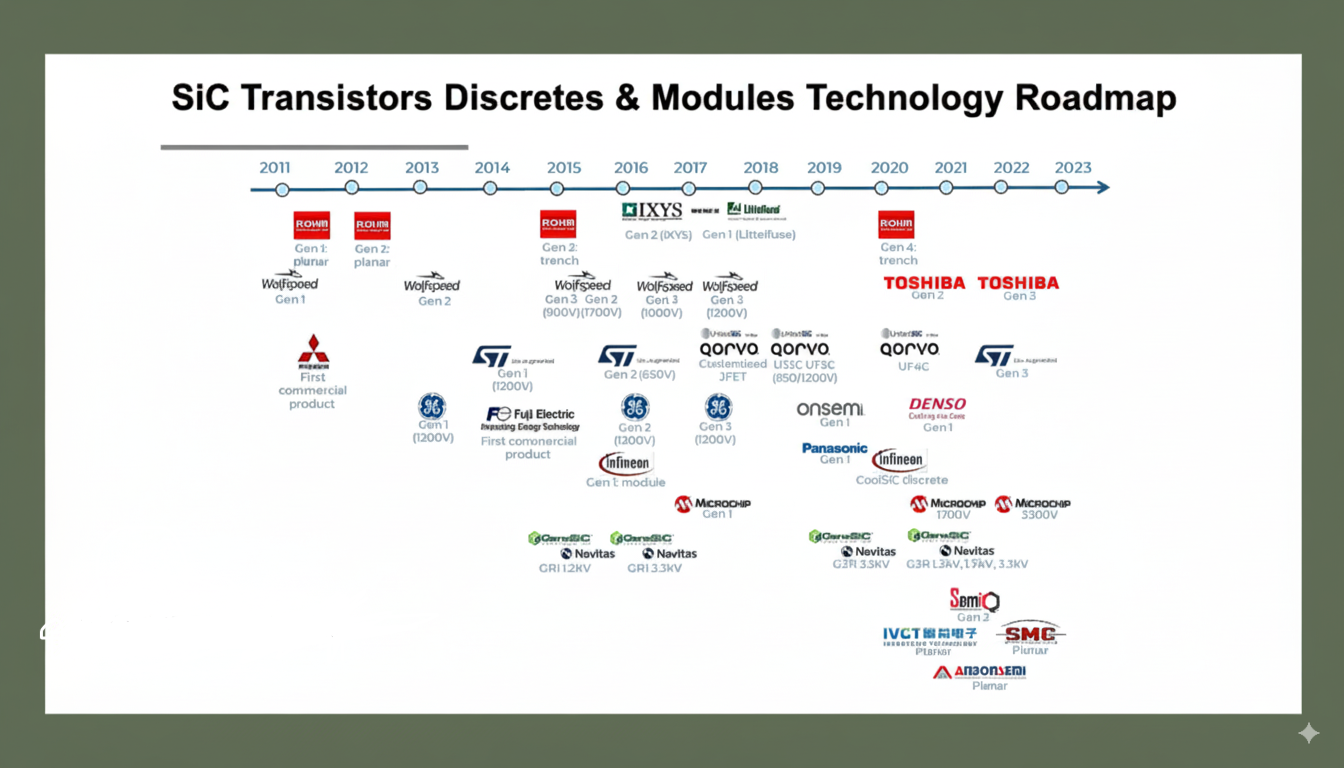
SiC transistors are a key component of power device portfolios, and the technology roadmap shows a transition from discrete devices to modules. Recently, more participants have entered the market, particularly companies based in China, introducing a growing range of module products and planning higher-voltage offerings. Various planar gate designs for SiC MOSFETs have been identified. SiC modules are focused on the xEV market, including battery electric vehicles (BEV) and plug-in hybrid electric vehicles (PHEV). Market forecasts indicate that as EVs demand higher efficiency and performance, the market for SiC modules will expand further. Cost considerations for SiC modules—including performance, reliability, and cost-effectiveness—remain critical industry factors.

Part 2: Cost drivers for SiC power devices
The sustained growth of the SiC market is supported by increased penetration of SiC modules in EV powertrains. New entrants, especially companies based in China, have introduced next-generation SiC devices and contributed to an evolving supply chain. Application needs drive device selection. Substrate choice, yield, and wafer size are the primary cost drivers.
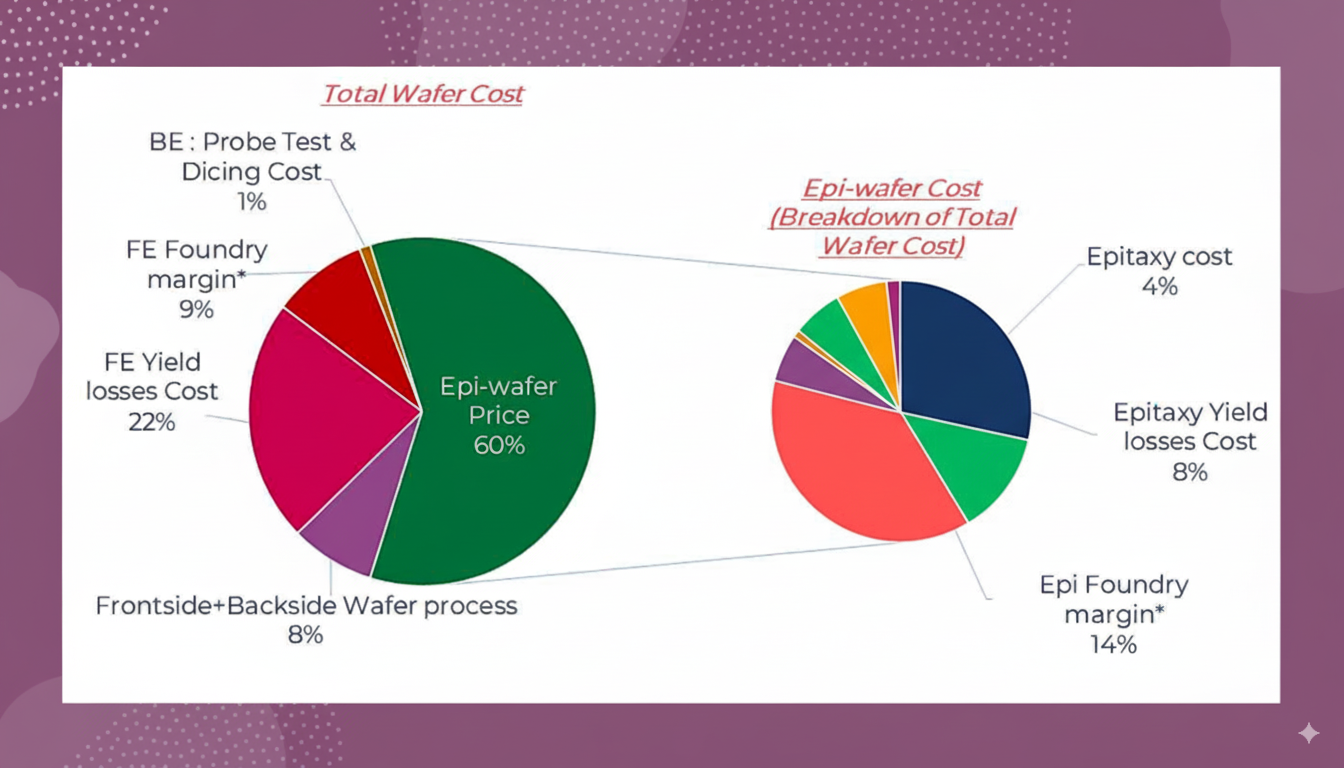
Summary
SiC power devices are emerging as a mainstream choice for EV powertrains due to their strong performance characteristics. As technologies mature and production scales up, SiC devices are expected to improve in both performance and cost-effectiveness, enabling broader use in electric vehicles and other high-efficiency power applications.
 ALLPCB
ALLPCB


